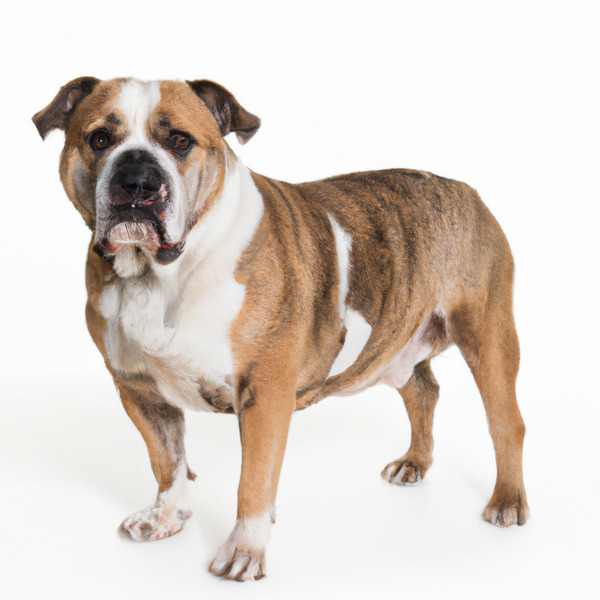Olde English Bulldogge vs. Leonberger: Breed Differences and Similarities
Weight Gain Potential
Which breed eats more: Olde English Bulldogge or Leonberger?
Both the Olde English Bulldogge and Leonberger breeds have an average to high tendency to gain weight if their weight is not closely monitored. It is important to maintain a balance between exercise and food intake to keep them at a healthy weight. This can be achieved by scheduling at least one daily walk and engaging in regular playtime with them.
Hypoallergenic
Are Olde English Bulldogges or Leonbergers hypoallergenic, or neither?
Unfortunately, neither Olde English Bulldogge nor Leonberger are hypoallergenic, which may not make them the best choice for dog lovers who suffer from pet allergies.
Temperament
What are the personalities of Olde English Bulldogge and Leonberger dogs?
Alert
Courageous
Friendly
Confident
Loving
Strong
Adaptable
Fearless
Loyal
Companionable
Loving
Obedient
Shedding Level
Do Olde English Bulldogges shed more than Leonbergers, or which breed sheds more, Olde English Bulldogges or Leonbergers?
Olde English Bulldogges are moderate shedders, but regular brushing can reduce shedding and maintain coat health.
Leonbergers shed a lot of hair each year, so frequent brushing is essential for reducing shedding and maintaining coat health.
Watchdog Ability
Which dog breed makes a better watchdog, the Olde English Bulldogge or Leonberger?
Olde English Bulldogges make excellent watchdogs - they're vocal and protective of their territory.
Choose a Leonberger if you want a top-notch watchdog. This breed takes guarding seriously, and may not require much training, though obedience or guard dog training can improve their skills.
Origin
What is the origin of Olde English Bulldogge and Leonberger dog breeds?
United States
Germany
Ancestry
What are the origins of Olde English Bulldogge and Leonberger breeds?
English Bulldog, American Bulldog, American Pit Bull Terrier, Bull Mastiff
newfoundland, long haired saint bernard, pyrenean mountain dog
Date of Birth
When were Olde English Bulldogge and Leonberger breeds first developed?
1971
1800s
Breed Group
What is the Breed Group of Olde English Bulldogge and Leonberger?
Guardian Dog (UKC)
Working (AKC:2010)
Guardian Dogs (UKC)
Eye Color Possibilites
What are the eye colors of Olde English Bulldogge and Leonberger dogs?
Brown
Amber
Brown
Nose Color Possibilites
What are the natural nose colors of Olde English Bulldogge and Leonberger?
Black
Black
Coat Color Possibilites
What are the natural colors of the coat for Olde English Bulldogge and Leonberger breeds?
Brindle
Gray
Fawn
Red
Brown
Black
Gray
Brown
Red
Cream
Sable
Brindle
Coat Length
What is the typical coat length for Olde English Bulldogge and Leonberger breeds?
Olde English Bulldogges have coats that can be either short or medium in length.
Leonbergers have medium-length coats.
Coat Density
What is the density of the coat of Olde English Bulldogge and Leonberger?
Coat Texture
What is the hair texture of Olde English Bulldogge and Leonberger?
Straight
Litter Size
What is the usual litter size for Olde English Bulldogge and Leonberger?
An Olde English Bulldogge can have a litter of 11-13 puppies on average. However, it's worth noting that the size of the litters can vary greatly. Factors that can influence litter size include the health of the mother, breeding history, and genetics.
A Leonberger can have a litter of 8-10 puppies on average. However, it's worth noting that the size of the litters can vary greatly. Factors that can influence litter size include the health of the mother, breeding history, and genetics.
Adaptability
Olde English Bulldogges are highly adaptable and versatile, making them excellent companions for families and individuals of all lifestyles.
Leonbergers have average adaptability to changes in lifestyle and living environments compared to other breeds.
Health Issues
Between Olde English Bulldogge and Leonberger, which breed is more prone to health problems?
While the Olde English Bulldogge breed is generally healthy, occasional vet check-ups are still necessary to address any health concerns.
Leonbergers are susceptible to health issues like all breeds, so it's important to monitor their health and seek veterinary care when needed.
Major Concerns
What are the major health concerns for Olde English Bulldogge and Leonberger breeds?
Bloat
Hip Dysplasia
Eye Problems
Minor Concerns
What minor health issues should be kept in mind when owning Olde English Bulldogge and Leonberger?
Hip Dysplasia
Laryngeal Paralysis
Inherited Leonberger Polyneuropathy
Occasional Tests
What occasional tests are recommended for Olde English Bulldogge and Leonberger breeds?
X-Rays
Physical Examination
Hip X-Rays
Eyes
Hips
Skeletal
Physical Examination
Throat
Energy
How do the energy levels of Olde English Bulldogges and Leonbergers compare?
Olde English Bulldogges are a good choice for a low-key lifestyle due to their low energy levels.
Leonbergers' high energy levels make them unsuitable for a low-key dog, choose accordingly.
Social Needs
Olde English Bulldogge vs Leonberger social needs comparison
Olde English Bulldogge has above average social needs and thrives with interaction with humans and other dogs.
Leonberger has very high social needs and requires regular mental and physical stimulation, a job or purpose, and companionship.
Exercise Needed
Olde English Bulldogge vs Leonberger exercise need comparison.
Olde English Bulldogges need only a small amount of physical activity, ideal for busy or elderly people or those with limited space.
Leonbergers require significant physical activity and suit those with an active lifestyle.
Sleeping Need
Which of the two sleeps the most/least: Olde English Bulldogge or Leonberger?
Olde English Bulldogges are known for their relaxed and calm nature and enjoy long periods of sleep.
Leonbergers sleep less than other breeds but still need adequate sleep for good health.
Drooling Tendency
Which drools more/less, Olde English Bulldogge or Leonberger?
Olde English Bulldogge excessively drools, consider a different breed if not appealing.
Leonberger is an average drooler, monitor for excessive drooling which may indicate health issues.
Tendency to Bark
Do Olde English Bulldogges or Leonbergers bark more/less frequently?
Olde English Bulldogge and Leonbergers are known to bark very little or not at all. They tend to be very quiet and do not bark excessively. They may only bark in specific situations, such as when they need to alert their owner to something important or when they are in distress.
Territorial
Is the Olde English Bulldogge or Leonberger a better guard dog?
These breeds are known for being extremely protective and make excellent guard dogs. They possess a strong instinct to defend their territory and owners and have a high level of vigilance and alertness.
Mouthiness
Mouthiness Comparison: Olde English Bulldogge vs Leonberger?
Roaming urge
Olde English Bulldogge vs Labrador: Running away tendency?
Prey Drive
Olde English Bulldogge or Leonberger - which breed has a higher level of prey drive?
Activity Level
Which breed has higher energy, Olde English Bulldogges or Leonbergers?
Both Olde English Bulldogge and Leonberger are medium-energy dogs that enjoy socializing and playing with other dogs. They may engage in casual or sustained games of chase, and occasionally have bursts of barking or racing around the house.
Tolerance of being left alone
Walks per Week
How many miles should Olde English Bulldogge or Leonberger walk each week?
There's really no limit to how far you walk your dog as long as they're comfortable. For Olde English Bulldogge, it's at least 14 miles / week. Just remember to build distance and stamina gradually over time.
There's really no limit to how far you walk your dog as long as they're comfortable. For Leonberger, it's at least 15 miles / week. Just remember to build distance and stamina gradually over time.
Activity per Day
Do Olde English Bulldogges or Leonbergers require more exercise?
In general most Olde English Bulldogges usually need at least 45 minutes of exercise daily. This can be spread across the day and include all sorts of high-energy activities, like walking, running and playing.
In general most Leonbergers usually need at least 60 minutes of exercise daily. This can be spread across the day and include all sorts of high-energy activities, like walking, running and playing.
Grooming
Which breed is easier to maintain in terms of grooming, Olde English Bulldogges or Leonbergers?
The Olde English Bulldogge is a low-maintenance breed that doesn't require much grooming.
The Leonberger requires an average amount of grooming compared to other breeds.
Brushing Frequency
What is the recommended brushing frequency for Olde English Bulldogge and Leonberger dogs?
Olde English Bulldogge and Leonberger should be brushed at least once a week. Of course, you can give them more frequent brushes if you find that they are still shedding a lot.
Brushing Tools
What brushing tools are used for Olde English Bulldogges and Leonbergers?
Slicker Brush
Nail Clipper
Pin Brush
Dematter
Comb
Nail Clipper
Cups
How much food should be given to Olde English Bulldogge or Leonberger in cups?
For an average 60-80 pound (27 - 36 kg) Olde English Bulldogge feed 3 cups daily. But, keep in mind, the amount you feed is going to be dependent on the quality of the food you are feeding.
For an average 120-170 pound (54 - 77 kg) Leonberger feed 4.5 cups daily. But, keep in mind, the amount you feed is going to be dependent on the quality of the food you are feeding.
Daily Cost
Which breed has a higher daily cost, Olde English Bulldogge or Leonberger?
The average cost of an Olde English Bulldogge is somewhere $2.10 - $2.80 per day.
The average cost of a Leonberger is somewhere $4.20 - $4.90 per day.
Monthly Cost
Which breed has a higher monthly cost, Olde English Bulldogge or Leonberger?
The average per month expenses of an Olde English Bulldogge is between $63 - $84. This makes an average of $756 - $1008 per year. It will be on the higher side when the dog is still small because it will need more frequent visits to the vet, shots.
The average per month expenses of a Leonberger is between $126 - $147. This makes an average of $1512 - $1764 per year. It will be on the higher side when the dog is still small because it will need more frequent visits to the vet, shots.
Intelligence
Comparing Intelligence: Olde English Bulldogges vs Leonbergers
Olde English Bulldogge and Leonberger have average obedience intelligence, but they're also independent thinkers. This breed is known for having an exceptionally high IQ, which means they may get into trouble if left to their own devices.
Sensitivity Level
How do Olde English Bulldogge and Leonberger compare in sensitivity?
These breeds are more sensitive than others and easily overwhelmed by new surroundings and people. Olde English Bulldogge and Leonberger need gentle handling and a calm, stable home environment with positive reinforcement training.
Affection Dependance
Which is the more affectionate dog breed: Olde English Bulldogge vs Leonberger?
Apartment Friendly
Which breed is more apartment-friendly: Olde English Bulldogge or Leonberger?
Olde English Bulldogges make excellent apartment dogs, being fairly active indoors and not requiring a yard.
The Leonberger is not suitable for apartments and requires a large yard to thrive. Pent-up energy in small spaces can lead to destructive behavior.
Child Friendly
Do Olde English Bulldogges or Leonbergers have a friendlier temperament towards children?
Olde English Bulldogges are good with kids if socialized and trained from a young age.
Leonbergers make excellent family pets for kids due to their gentle, protective nature and calm temperament.
Senior-friendly
Which dog is more suitable as a pet for the elderly - Olde English Bulldogge or Leonberger?
Cat Friendly
Do Olde English Bulldogge or Leonberger breeds have a better compatibility with cats?
Olde English Bulldogges and Leonbergers are an average cat friendly dog. They do well with cats, even more if raised together from puppyhood.
Dog Friendly
Which breed is more sociable with other dogs: Olde English Bulldogge or Leonberger?
Olde English Bulldogges are average in their friendliness towards other dogs, and socialization can help.
Leonbergers are friendly and active companions, and can be good family pets, though their friendliness towards other dogs may vary.
Pet friendly
How do Olde English Bulldogge or Leonberger dogs interact with other pets?
Stranger Friendly
Which breed is more friendly with strangers: Olde English Bulldogge or Leonberger?
Olde English Bulldogge and Leonberger are average friendly around strangers. They can be wary around strangers and a little standoffish, so early socialization is key to ensure they are comfortable around new people.
Playfulness
Which breed is more playful between Olde English Bulldogge and Leonberger?
Olde English Bulldogges are not known for being a highly playful breed.
Leonbergers are a playful breed that needs daily playtime to be happy.
Trainability
How do the trainability levels of Olde English Bulldogges and Leonbergers compare?
Olde English Bulldogges may require more time and patience to learn commands, but with consistency, they can be trained.
Leonbergers are usually easy to train but require consistency to fully obey commands.
Compare Olde English Bulldogge with other breeds
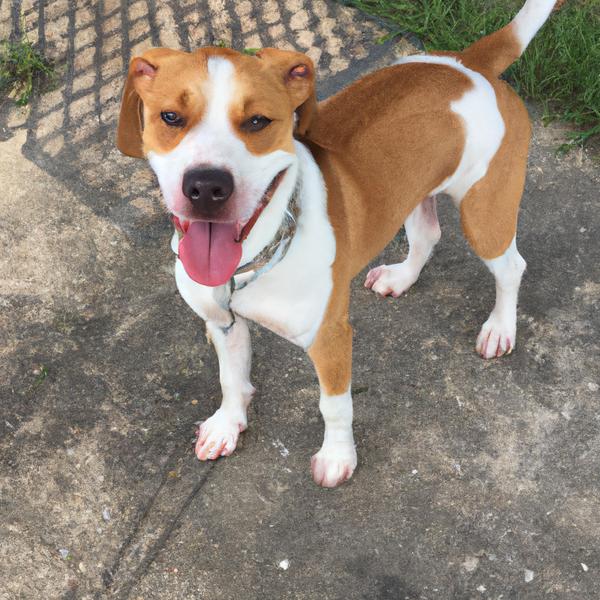
Beagle Pit
Olde English Bulldogge vs Beagle Pit
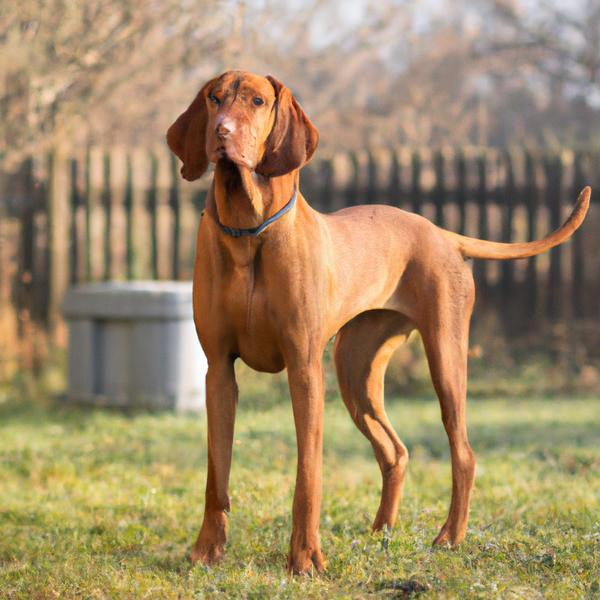
Transylvizsla Hound
Olde English Bulldogge vs Transylvizsla Hound
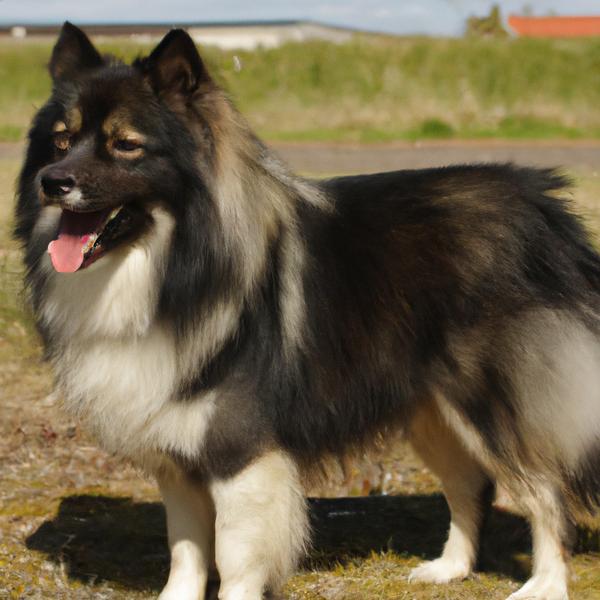
Eskland
Olde English Bulldogge vs Eskland
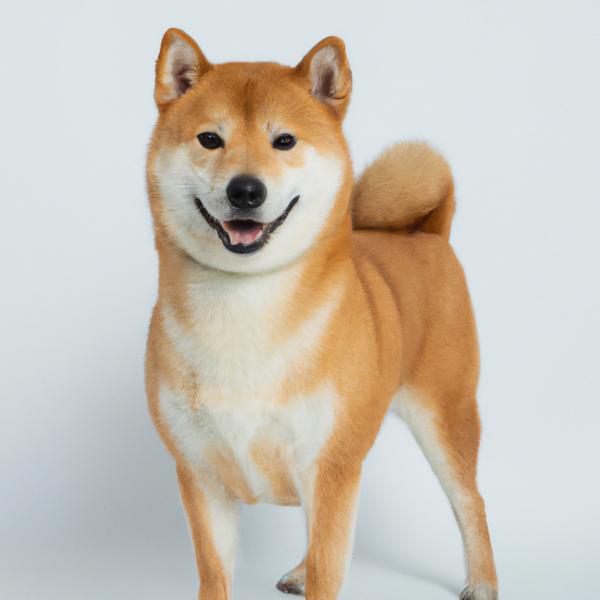
Siberian Shiba
Olde English Bulldogge vs Siberian Shiba
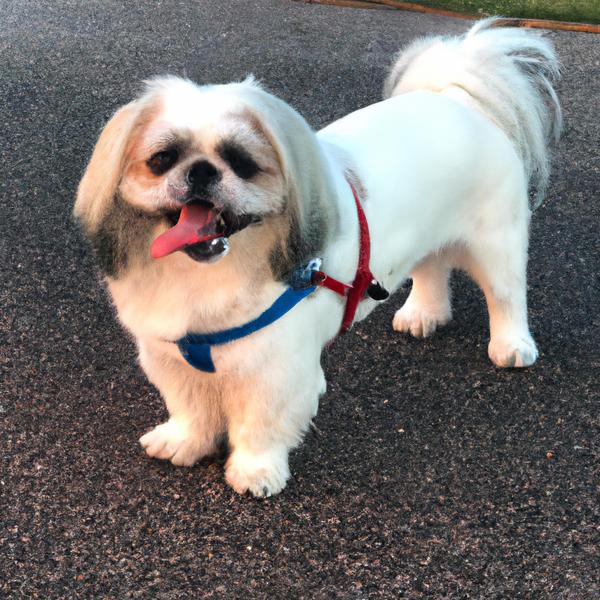
Silkytie
Olde English Bulldogge vs Silkytie
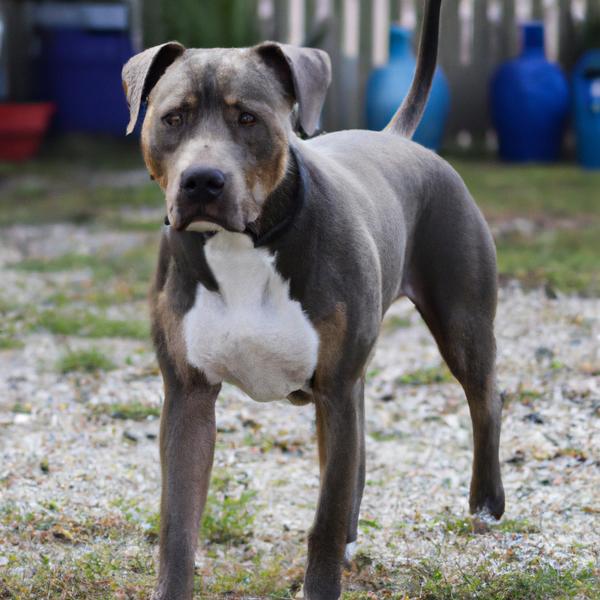
Greybull Pit
Olde English Bulldogge vs Greybull Pit
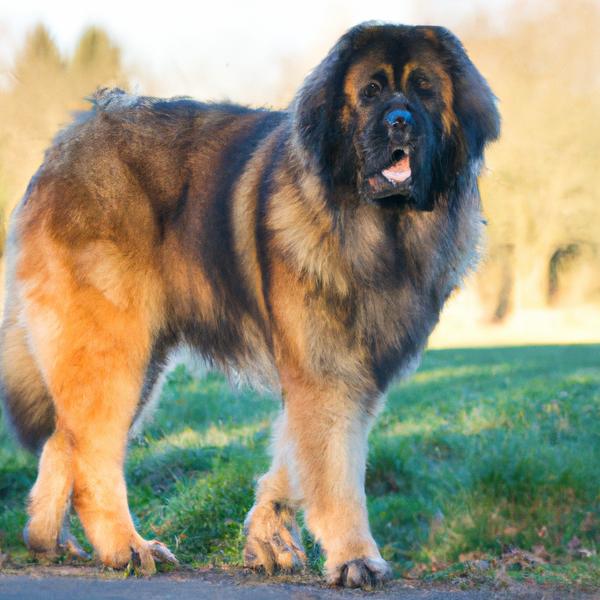
Leonberger
Olde English Bulldogge vs Leonberger
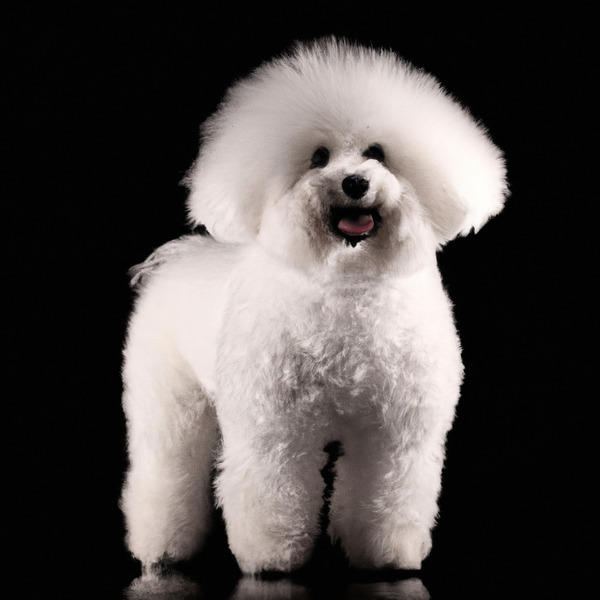
Bolognese
Olde English Bulldogge vs Bolognese
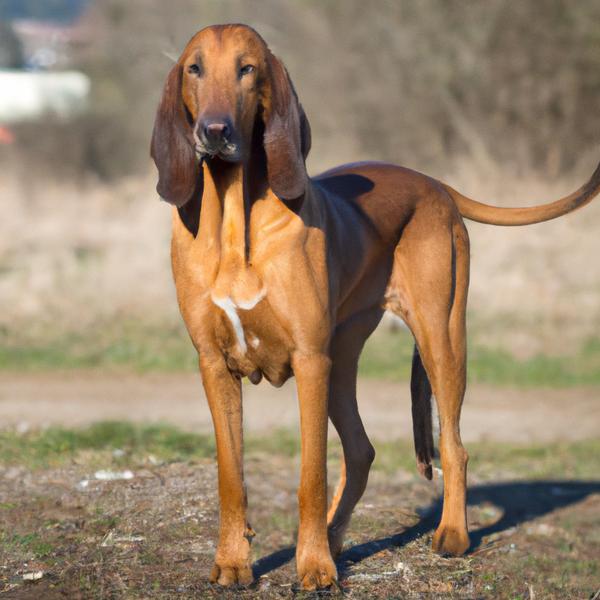
Labloodhound
Olde English Bulldogge vs Labloodhound
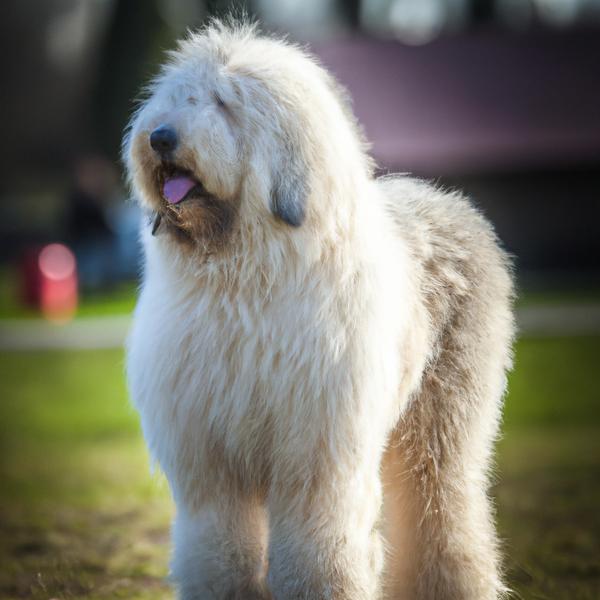
Komondor
Olde English Bulldogge vs Komondor
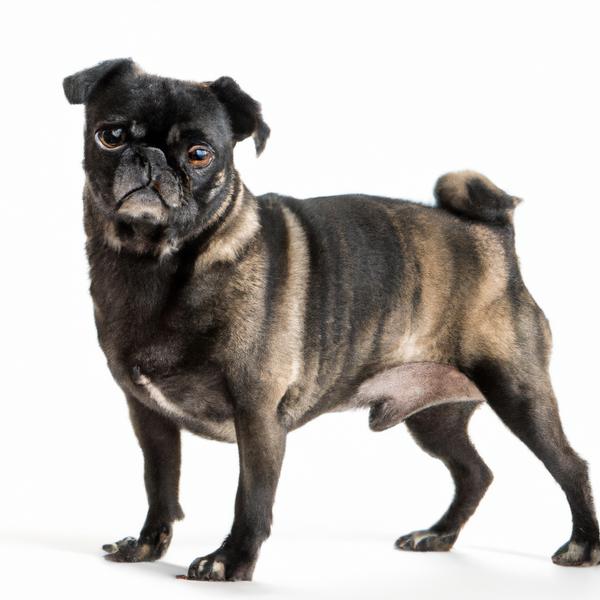
Pugillon
Olde English Bulldogge vs Pugillon
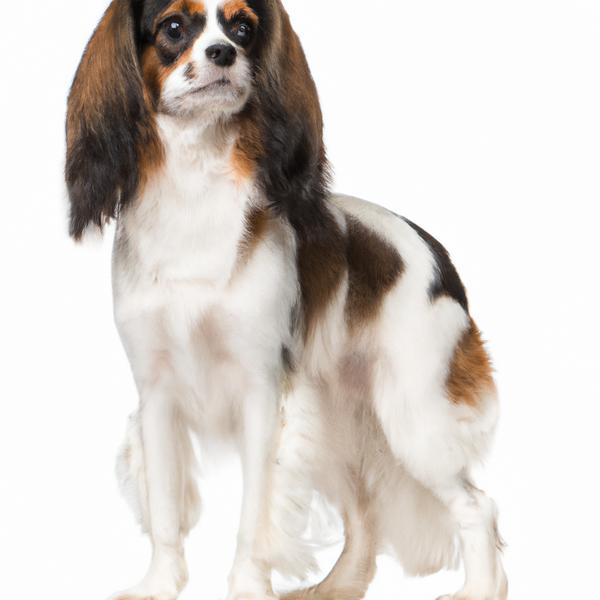
English Toy Spaniel
Olde English Bulldogge vs English Toy Spaniel
